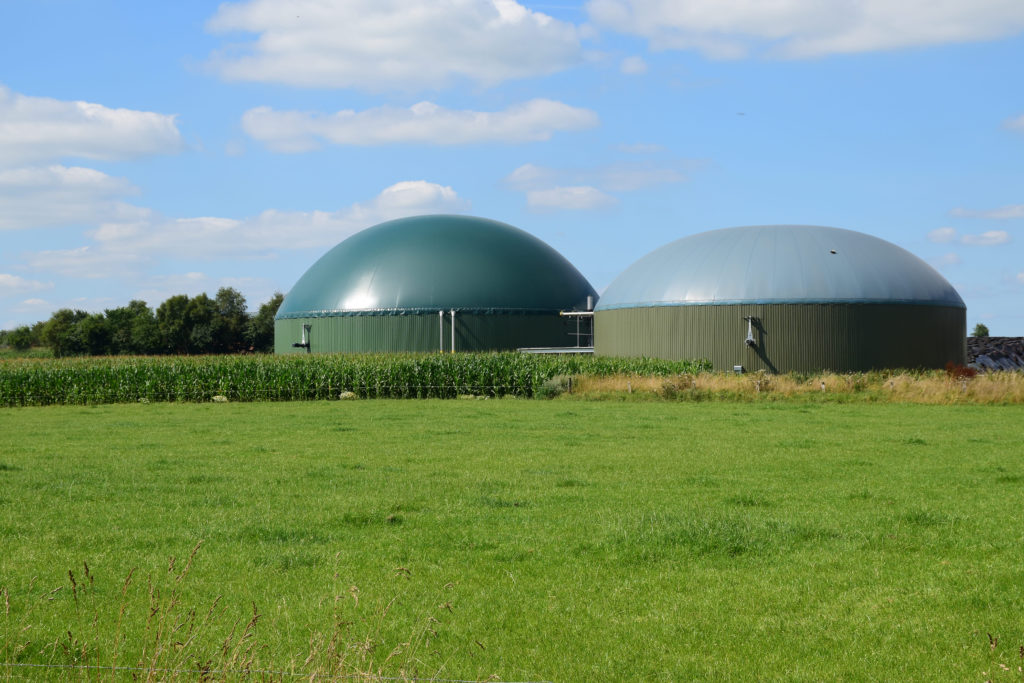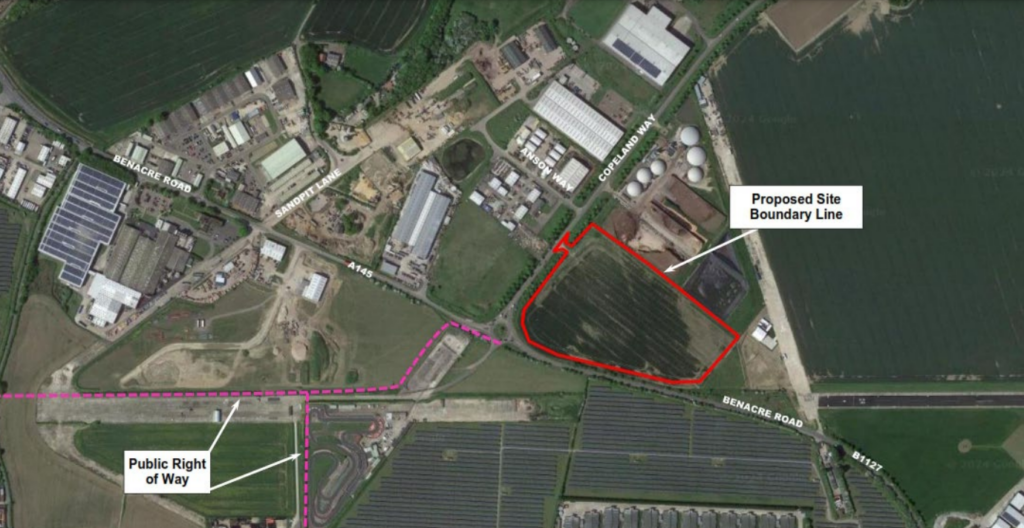In a letter dated 20 April, former chair of the EFRA committee Neil Parish and Central Devon MP Mel Stride, wrote to the Secretary of State George Eustice claiming that large scale AD plants have a negative impact on the environment and local residents.
The letter said that scale is the most problematic aspect, with many industrial scale plants “known to import biomass from farms far beyond county borders”.
The letter was one of the last acts of Neil Parish as chair of the EFRA Committee, before he stood down after admitting he watched porn in parliament.
ADBA, which represents the UK anaerobic digestion industry, questioned these claims, instead pointing to its AD Certification Scheme that it said would ensure environmental protection as well as respect for the local community.
In a detailed response, seen in full at the bottom of this page, ADBA said: “We agree that small scale, on-farm AD is of great benefit to UK farmers and urge policy makers to provide more support for its development across Britain. Large scale, industrial AD also has a critical role to play, however, meeting the UK’s need for domestically produced green gas.”
AD plants can only boost our sustainability credentials when they use biomass derived from local food waste
- Neil Parish, former EFRA chair
Letter
The letter acknowledged that “there are undeniable benefits of the AD technology, such as preventing biodegradable waste from entering landfill and creating a useful energy source”.
It continued that “AD plants can only boost our sustainability credentials when they use biomass derived from local food waste and animal products, rather than edible crops acquired from considerable distances”. It claimed that in the light of the current global food crisis, “the notion of growing and utilising potential food crops for biomass production does not seem morally justifiable”.
With high electricity prices recently, there has been some suggestions that this has become a more lucrative market.
ADBA disputed this, saying that “only a very small proportion of feedstock for AD comes from energy crops”.
The reaction read: “Around 90% of the feedstock used for AD consists of organic wastes, such as crop residues, manures, slurries, food waste and sewage. Therefore, contrary to popular belief, AD does not take edible food away from people in need. Additionally, we promote the widespread use of rotation cropping (i.e. using the same piece of land in turn to grow food crops and energy crops), which not only helps to regenerate the soil and improve yields, but also to address problematic pests and weeds naturally.”
Traffic
The letter also discussed the impact of heavy good vehicles (HGV) on the transport infrastructure in rural areas, suggesting that the increase in traffic would put the “often underdeveloped road networks” under further pressure. Moreover, it would affect the residents who use these roads daily.
Here, ADBA pointed to the model used in Denmark: “In addition to ensuring AD plants are sited appropriately, we recommend applying the Danish model by which operators employ drivers from within the local community to drive biomethane-powered trucks – this ensures that they will take the local environment and community into greater consideration and that air pollution is significantly reduced.”
Other concerns included damage to the local environment and waterways due to the release of air and liquid pollutants and odour. However, the association argued that well run sites meeting ADCS criteria should not emit odour.
Useful links












Subscribe for free